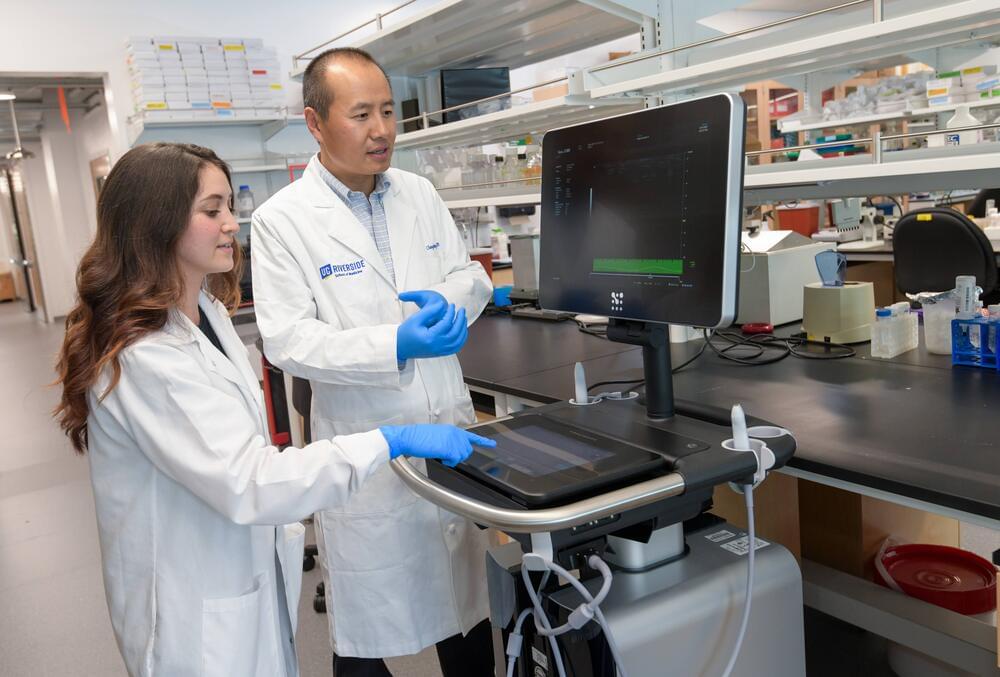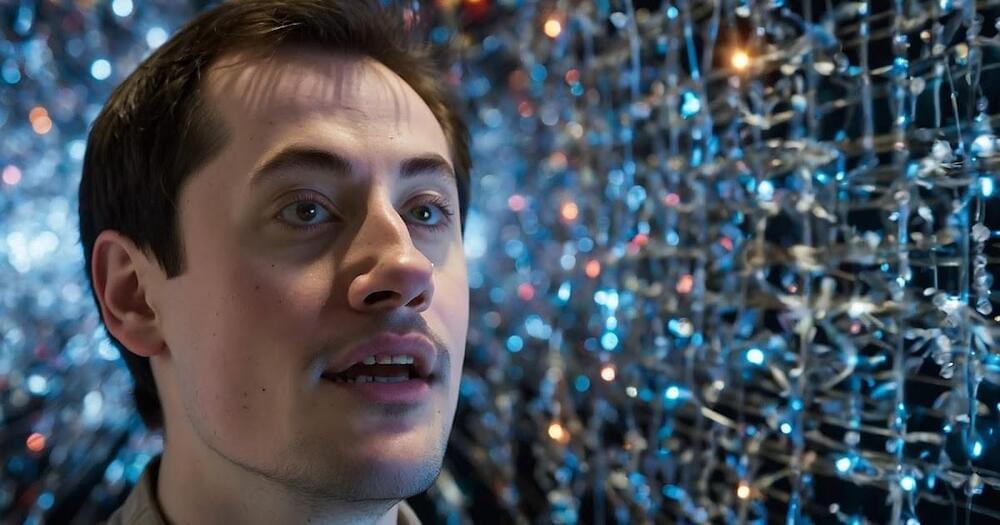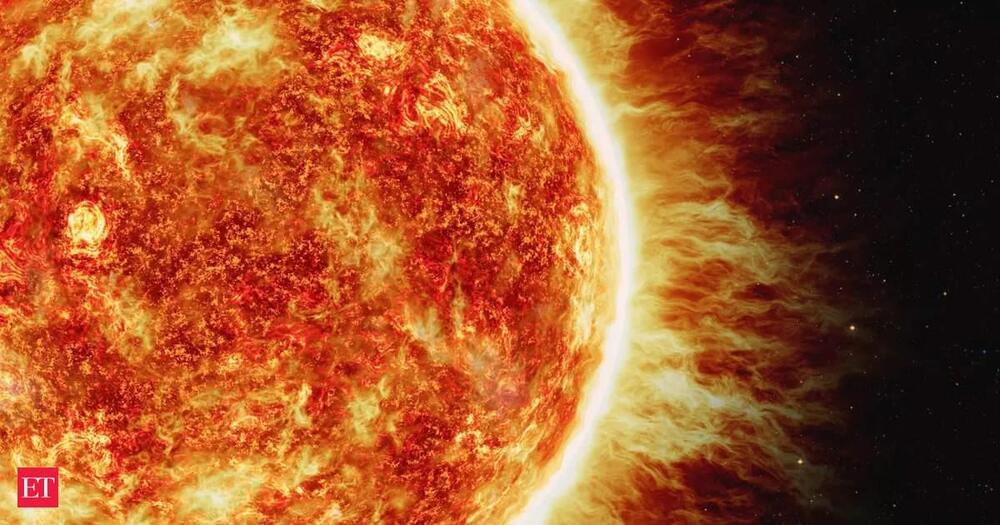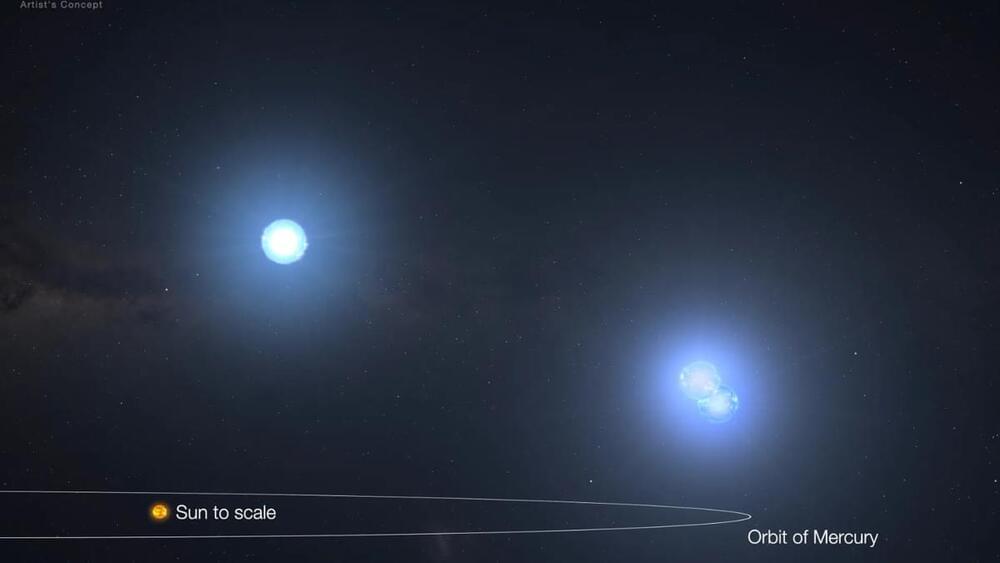Fortescue has an all-new 6 MW DC fast charger that can charge a massive 230 ton haul truck’s 1,900 kWh battery in less than thirty minutes!


Enjoy the videos and music you love, upload original content, and share it all with friends, family, and the world on YouTube.

The U.S. National Science Foundation (NSF) Daniel K. Inouye Solar Telescope, the world’s most powerful solar telescope, designed, built, and operated by the NSF National Solar Observatory (NSO), achieved a major breakthrough in solar physics by directly mapping the strength of the magnetic field in the solar corona, the outer part of the solar atmosphere that can be seen during a total eclipse. This breakthrough promises to enhance our understanding of space weather and its impact on Earth’s technology-dependent society.
The corona: the launch pad of space weather.
The Sun’s magnetic field generates regions in the Sun’s atmosphere, often rooted by sunspots, that store vast amounts of energy that fuel explosive solar storms and drive space weather. The corona, the Sun’s outer atmosphere, is a superheated realm where these magnetic mysteries unfold. Mapping coronal magnetic fields is essential to understanding and predicting space weather — and to protect our technology in Earth and space.

Mouse study finds fathers on unhealthy diets can cause cardiovascular disease in their daughters. When they become fathers, men who have an unhealthy, high-cholesterol diet can cause increased risk of cardiovascular disease, or CVD, in their daughters, a University of California, Riverside-led mouse study has found.
The research, published in the journal JCI Insight, is the first to demonstrate this result seen only in female offspring.
CVD, the leading cause of death globally, is a group of disorders that affects the heart and blood vessels. Hypertension (high blood pressure) is a leading risk factor for CVD. In the United States, nearly 703,000 people died in 2022 from heart disease, the equivalent of one in every five deaths.

Imagine if the reality we experience every day is just a simulation created by a more advanced civilization. Sounds like science fiction, right? But what if we told you that there’s a way to potentially \.


Solar storms, characterized by sudden explosions of particles, energy, and magnetic fields from the Sun, can create disruptions in Earth’s magnetosphere. As told to NDTV, Dr. Annapurni Subramanian, Director of the Indian Institute of Astrophysics, stated, “The (solar) flare which occurred a few days ago is similar in terms of strength to the one which occurred in May.” These flares are known to produce geomagnetic storms that can result in radio blackouts and power outages on Earth.
Recent NDTV reports highlight a series of powerful solar flares emitted by the Sun, including an X7.1 flare on October 1 and an even stronger X9.0 flare on October 3. NASA captured these flares using its Solar Dynamics Observatory, emphasizing their potential to disrupt communication systems. NOAA classified the X9.0 flare as an R3-strength flare, indicating a “strong” potential for radio blackouts.

The team spotted the record-breaking triple star system because of strobing starlight caused by the stars crossing in front of each other, as seen from our position on Earth.
The team turned to machine learning to analyze vast amounts of data from TESS to spot a pattern indicating these eclipses. They then called upon the aid of citizen scientists to further filter this data to spot interesting signals.
“We’re mainly looking for signatures of compact multi-star systems, unusual pulsating stars in binary systems, and weird objects,” Rappaport said. “It’s exciting to identify a system like this because they’re rarely found, but they may be more common than current tallies suggest.”

I think Stephen hawking was right about the Einstein physics of our universe but at the quantum mechanical realm it breaks all the rules with infinite energy.
The usual theory of inflation breaks down in eternal inflation. We derive a dual description of eternal inflation in terms of a deformed Euclidean CFT located at the threshold of eternal inflation. The partition function gives the amplitude of different geometries of the threshold surface in the no-boundary state. Its local and global behavior in dual toy models shows that the amplitude is low for surfaces which are not nearly conformal to the round three-sphere and essentially zero for surfaces with negative curvature. Based on this we conjecture that the exit from eternal inflation does not produce an infinite fractal-like multiverse, but is finite and reasonably smooth.